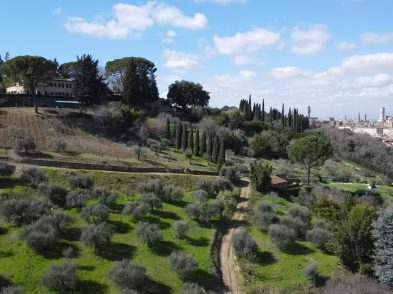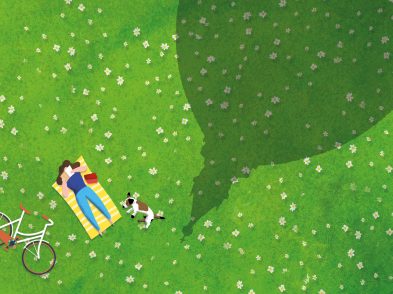From her love of forestry to managing the family’s holiday rental portfolio and supporting the next generation of artisans, Sabina Corsini is a powerhouse in contemporary Florence. The Florentine sits down with the energetic descendent of the historic Florentine family beneath a beautiful Brazilian feijoa tree as spring blooms in the seventeenth-century Corsini Gardens designed by Gherardo Silvani.
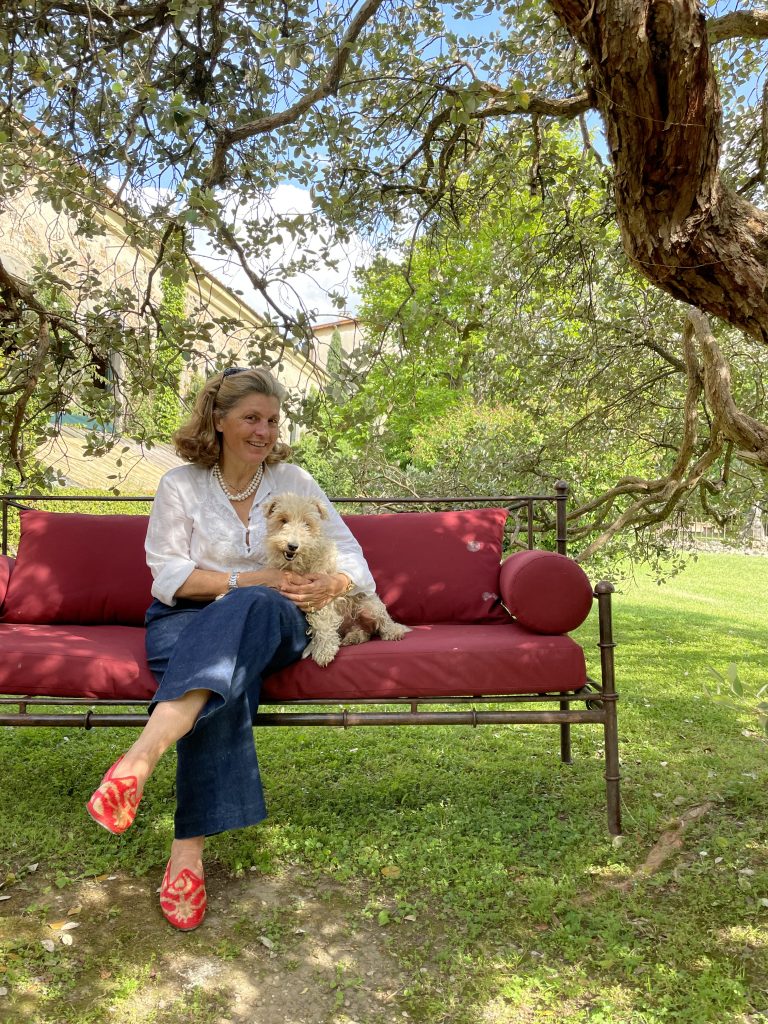
You are best known for your cultural and charity work. Tell us about the causes that are most dear to you.
Our family business is not only about looking after the property, such as the Corsini Gardens and the palazzo in via il Prato where I live, but also looking after the people who help us to maintain it, from the best consultants to the best gardeners, many of whom have known this space much longer than I have. So, I wouldn’t call what we do charitable, but it is extremely philanthropic. I like to be around people, and I motivate them to follow their passion. That’s my most charitable thing.
Tell us about Artigianato e Palazzo, which is now in its 29th year.
Artigianato e Palazzo is a giving-back operation. When my mother Giorgiana invented this show, it was because she was having a difficult time finding the right artisans and craftspeople to help her restore the main building. When we moved in as a family, there were a lot of things that needed to be refreshed, redone and adjusted to the life of a modern family, but she didn’t want to remove the character from such an important palazzo with so much heritage behind it. So, she went on a quest, a treasure hunt of sorts, and decided to bring all these people together in a way that they could show their talent to others. In so doing, people could finally understand the implications of something handmade, crafted and bespoke. She organized the show for 25 years. After my mother’s death in 2020, I polished up the show and gave it a new look with the help of Neri Torrigiani. During Artigianato e Palazzo, which will take place from September 15 to 17 this year, we open up the ground floor of the building, which is fitting because in the past this space was used by craftspeople who worked for the main house, from mechanics to saddlemen. Finding the right artisans who fit the theme is an incredible job. There’s a committee and it entails 11 months of work. Having a team is the best thing I have learnt to have: nothing can be done on one’s own. Artigianato e Palazzo is a great way to communicate how important artisans have been and still are to our culture, not just in Italy but all over the world. Growing up in this kind of world, you tend to take it for granted. But I have learnt to understand how precious this ecosystem is since I have been looking into it in greater depth.
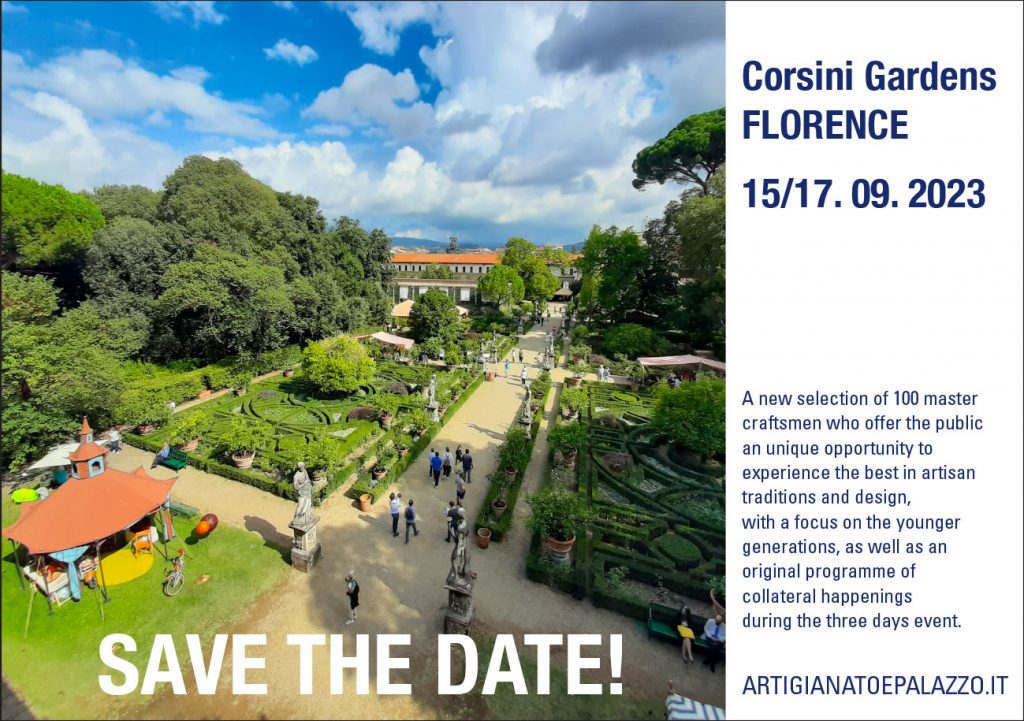
How do you protect and build up a new generation of artisans?
We encourage young artisans by inviting them to present at the show, free of charge. We have a selection of 12 to 15 craftspeople under the age of 30 who are invited to display their creativity and craft. This is often the first showcase for a new generation of artists. It is so exciting to see new collaborations being born between new artisans and established ones, between new technology and traditional technique. And international artisans too, of course. Florence is obviously the cradle of it all, but artisanal craft is something that goes beyond our borders.
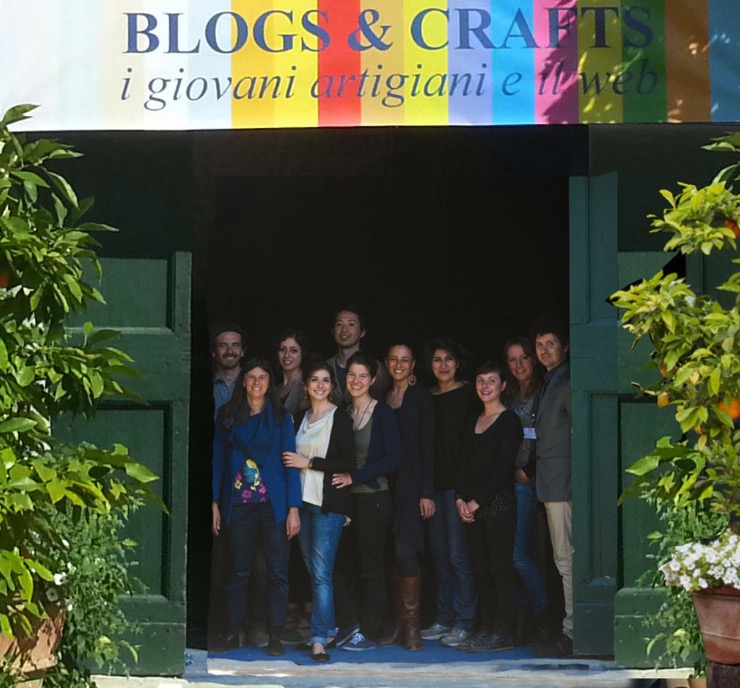
You also manage a portfolio of holiday properties. Tell us a little about that side of the business and the situation post-pandemic.
Principe Corsini Holidays has properties in the countryside, many of which are agricultural estates that consist of a main building with other smaller ones nearby. Over time, we decided to renovate and offer them all as holiday rentals. What we like to share with our guests is our way of life. All of our properties—cottages, houses, castles, even shacks in the woods—are very different because we have always tried to spend some time in them and ensure that they represent us. They are not necessarily holiday homes, but homes offered for holidays. We want our guests to return year after year. For example, we have seen a couple in one particular family go from being parents to grandparents, and we have become friends. This is what we do: we try to give our guests the best experience of a family life, modern or old, with all the functionalities of a family home. Since the properties are personally managed by me and my sister-in-law, they all have that touch. In the beginning, I was the one doing everything and sometimes I would pretend to be my own secretary called “Rebecca”. (“Rebecca” would “tell” Sabina when guests had a request!). Other than being a mother, my main job is managing these estates. Now, my son, who is 30, is getting involved with new ideas and projects.
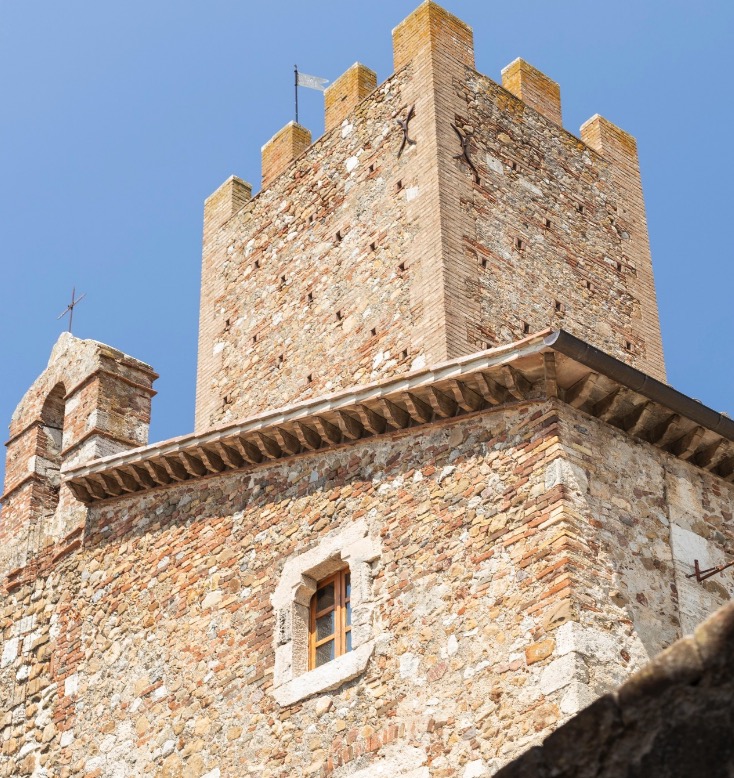
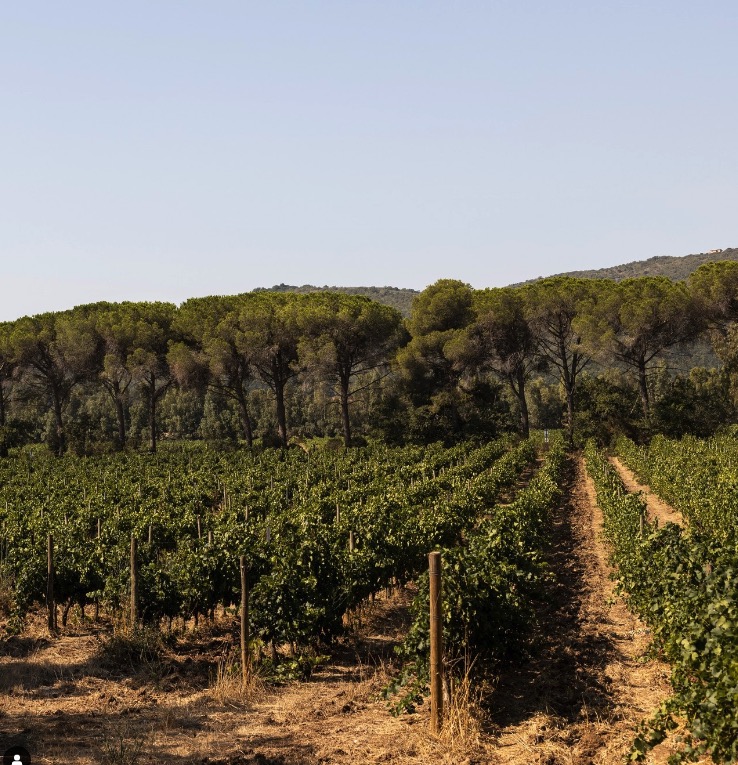
How would you describe the current situation with forestry? How can we better protect what we have in Tuscany?
I studied agriculture, which is how I first started out in forestry management. It is my passion. We have to take the environment very seriously, each one of us. We can’t waste water, goods, food, fuel, and also time. If everybody concentrated on the little things, we would be in a much better state. I’m not a scientist, so I cannot say if it’s possible to reverse the trend, but from a forestry point of view, I see that if you manage a forest well, the same forest will cater in the same way for your children, your grandchildren and so on. Climate change is an incredibly big issue, but I’m not terribly negative about what can and will be done. There’s a lot of psychological terrorism going on, and it is greatly needed because it scares people into doing something. I don’t entirely agree with that approach, but I do think that we must put a lot of energy into changing the way we each do things.
Tell us about your forestry projects.
We are partnering with international companies to evaluate the carbon footprint that can be absorbed by forests. We all have a carbon footprint and a tree is capable of fixing the carbon dioxide from the air so as to balance this out. With our Mediterranean-type forest, known as macchia, we are trying to calculate the carbon dioxide capture over a span of 50 years. Within the first 30 years, we cut the forest and it grows again in order to keep the forest alive. If we leave it, some species will overwhelm others, which negatively impacts biodiversity. The projects aim to understand how much biodiversity we can ensure and how much CO2 we can fix over a span of 50 years. This is a data-driven project, which can be used by companies as a case study. Water reservoirs is another major project we are doing because this also affects carbon dioxide levels in the air. We are trying to understand a pattern that can be applied to vineyards and olive groves.
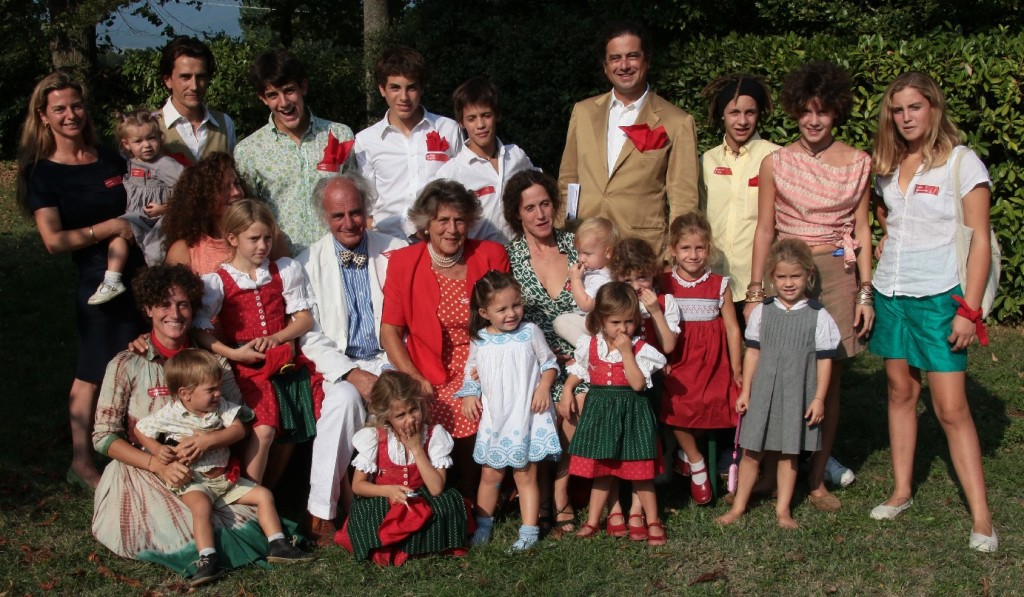
The Corsini family dates back nine centuries with a pope, saint, prime minister, princes and princesses among your ancestors. What is your take on the monarchy in modern society?
I love the monarchy. England is a perfect example of what I believe. There is a place for it and also for those who belong to it. It is an important thing to cherish and conserve; it is a tradition. When I watched the Coronation of King Charles III, my main feeling was how necessary the monarchy continues to be. Of course, Principe Corsini will never go to that extent for weddings, funerals and parties; a production like that will never happen. We are princes of the church, not crowned royalty, but it is very important to remember that it is both an honour and a responsibility to be part of something like this. We have learnt from examples that went before us and hopefully we will pass on an example, perhaps in a more modern and relaxed way. Nevertheless, it is important that you know where you come from, so you can understand where you want to go and how you want to get there. We go to school with everybody else, we play tennis and do yoga, and we lead a normal life. But we always have a responsibility to share what we have and maintain it for the next generation of humanity.
This article was generously sponsored by David and Alatia Bach.



